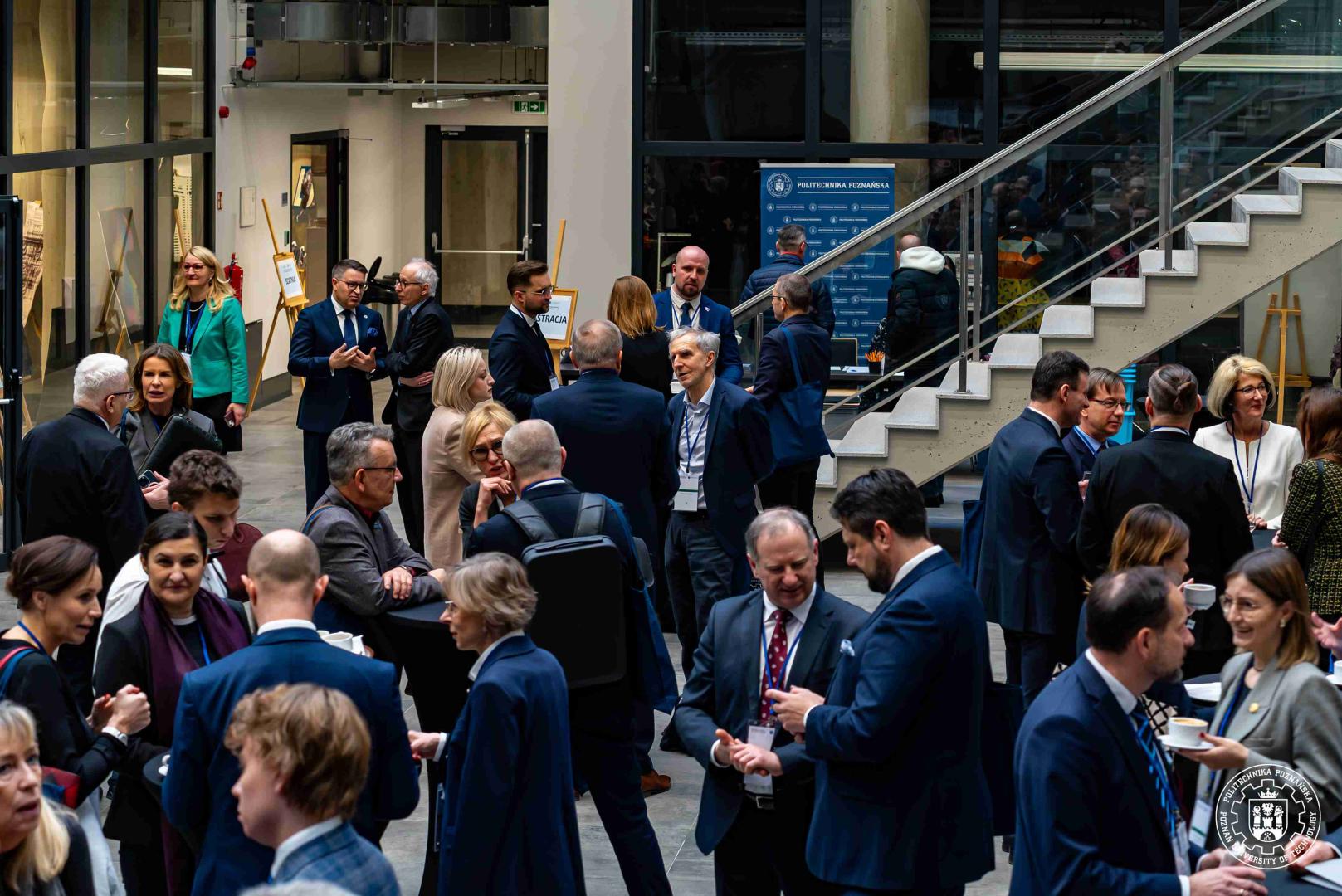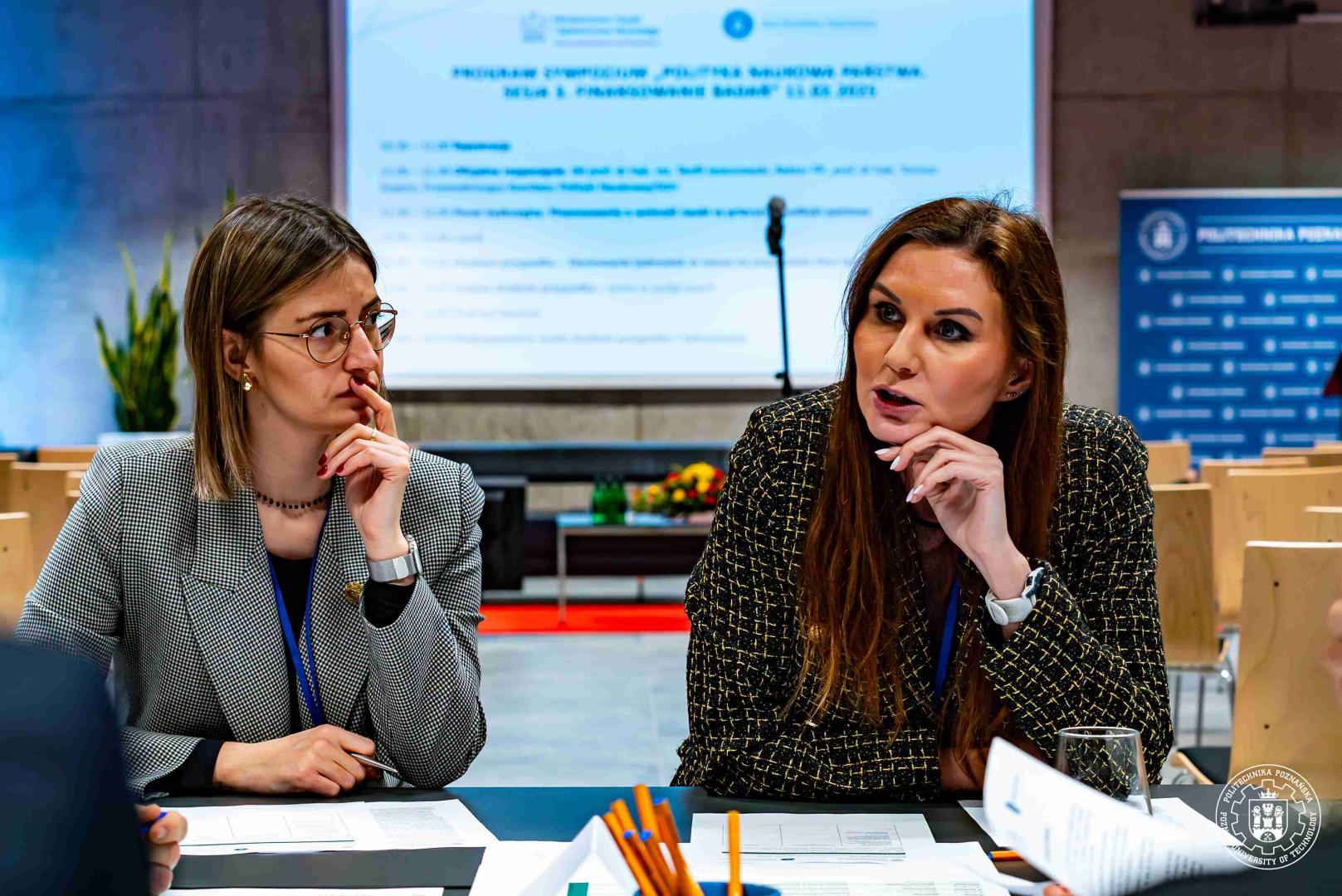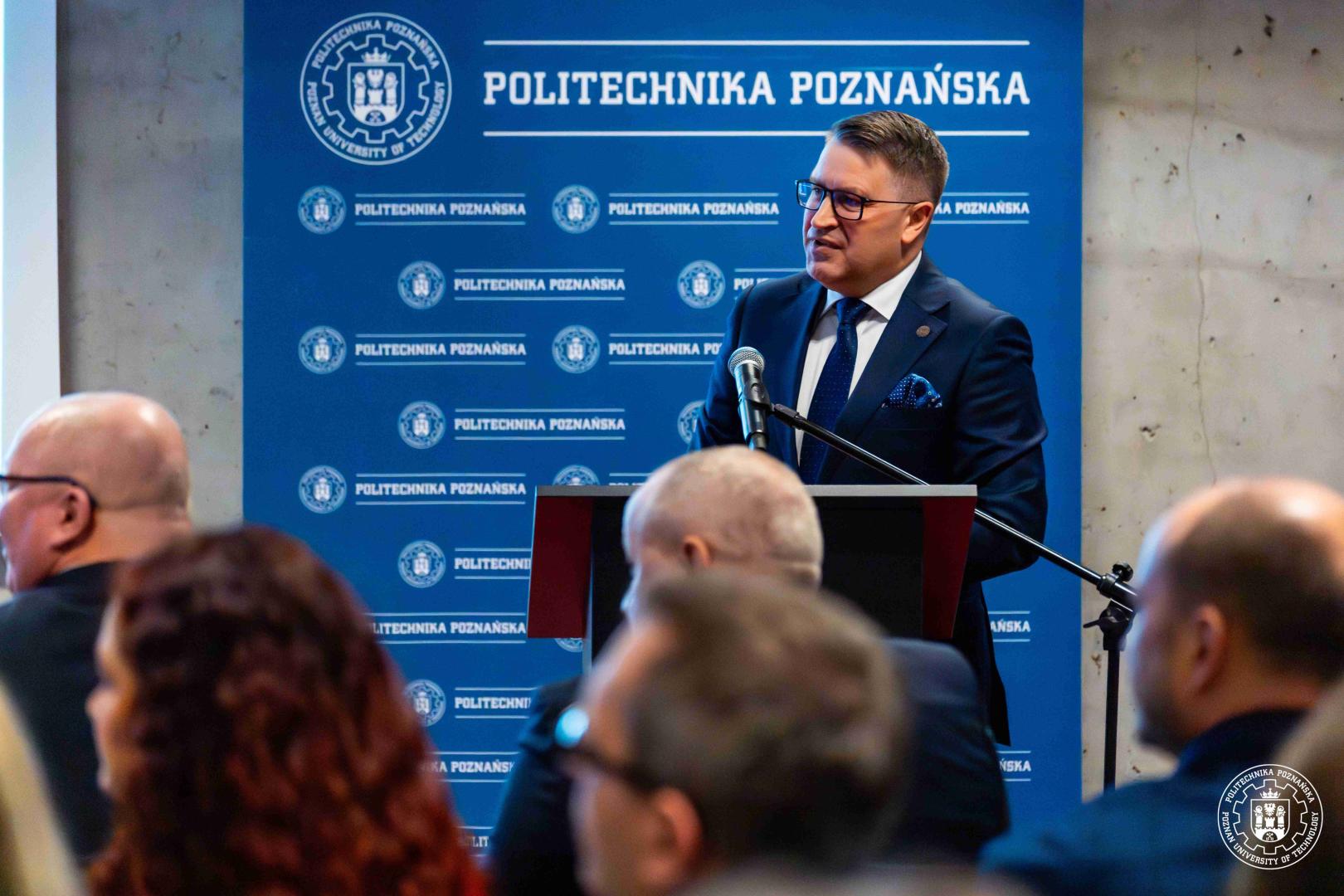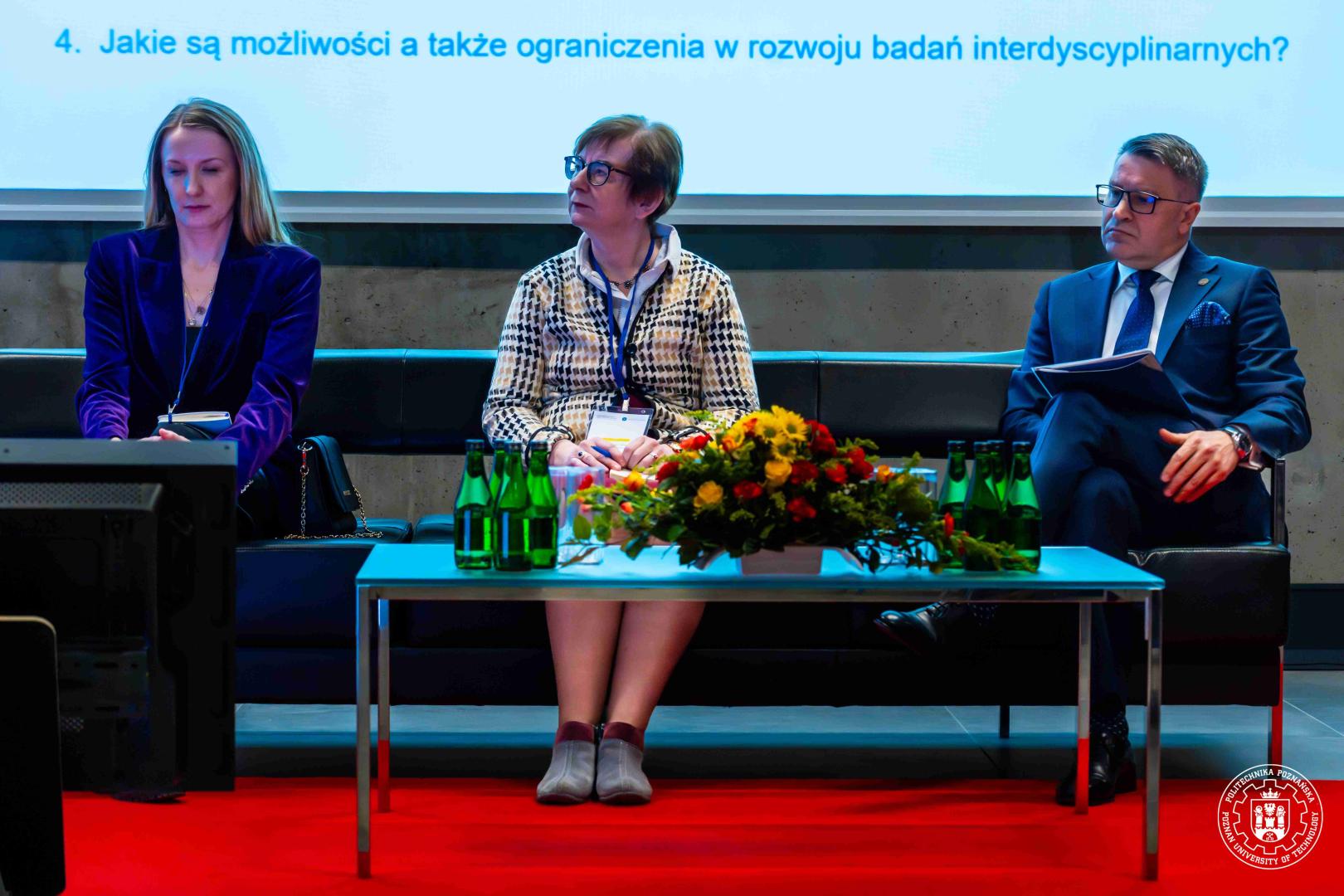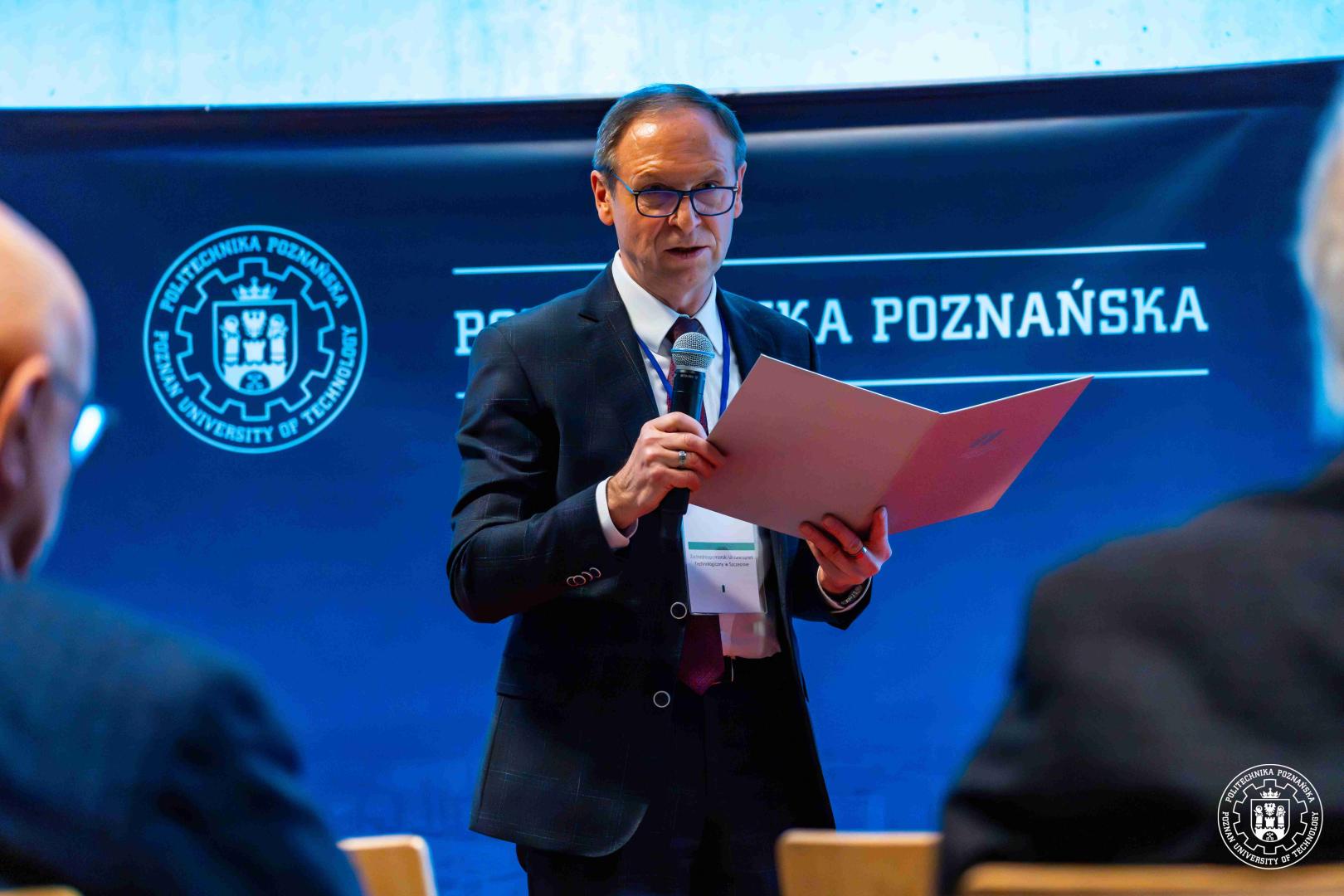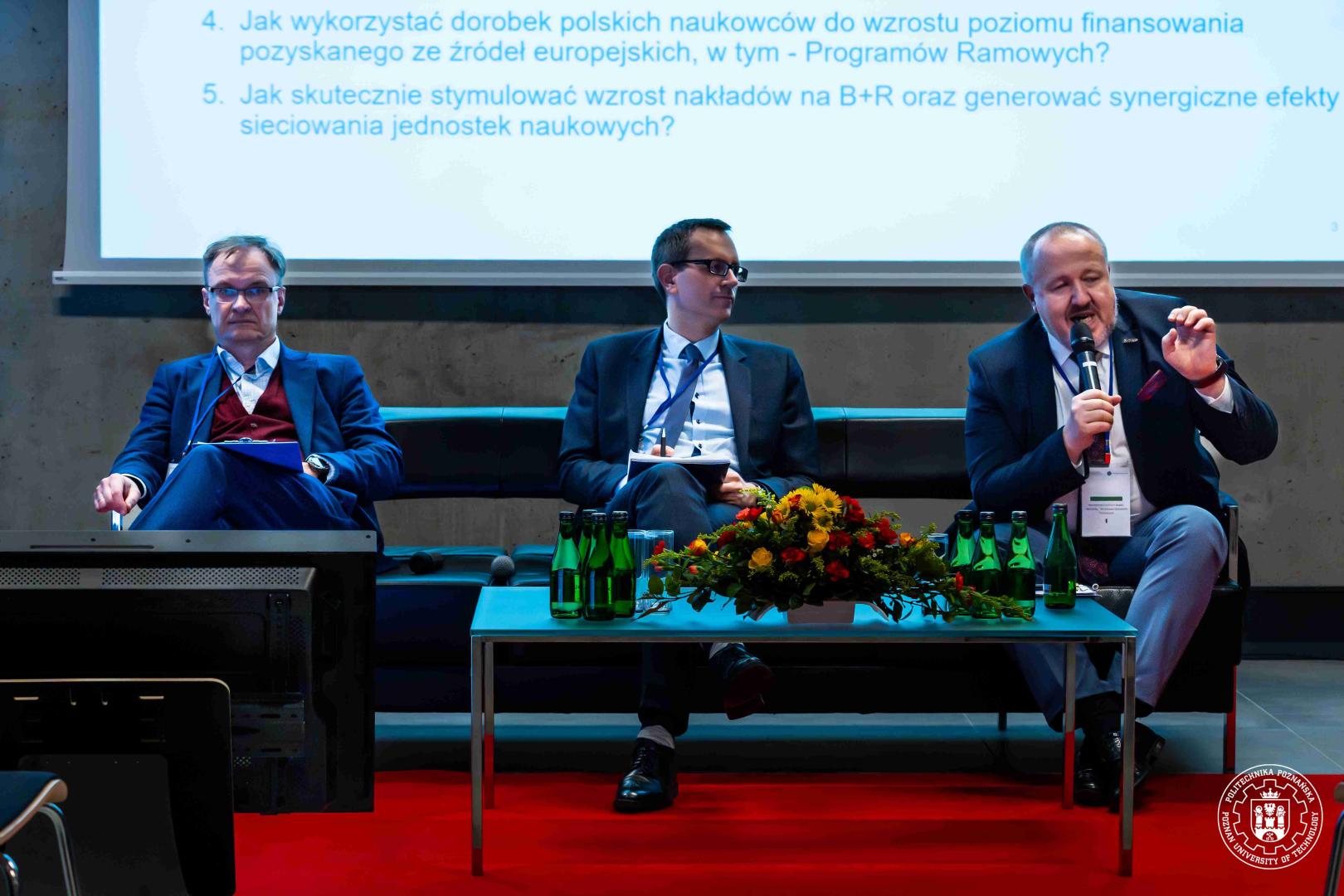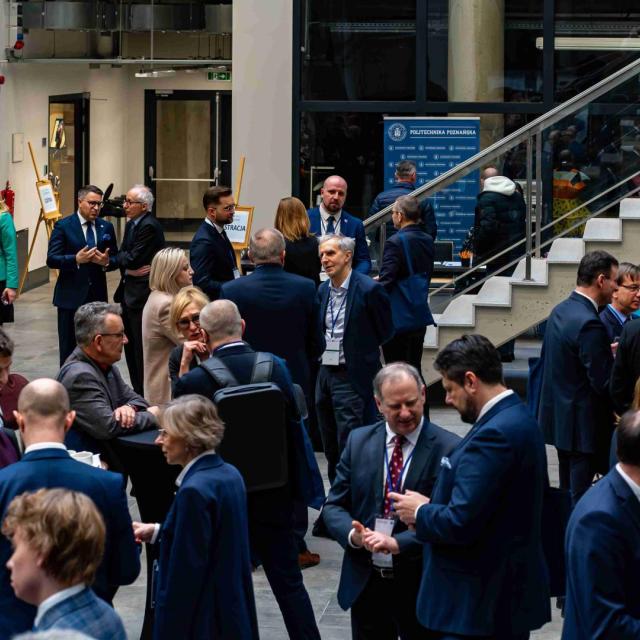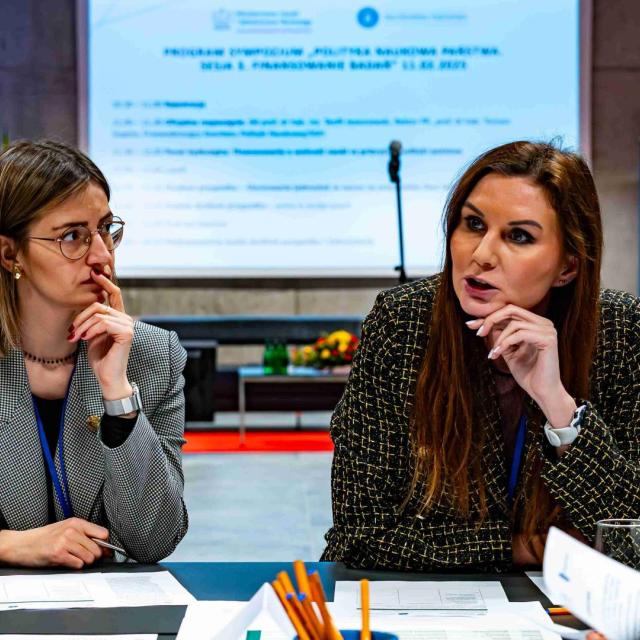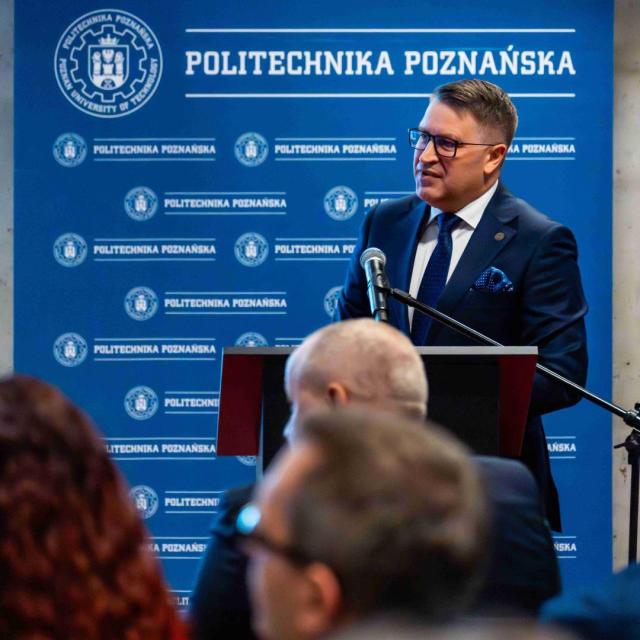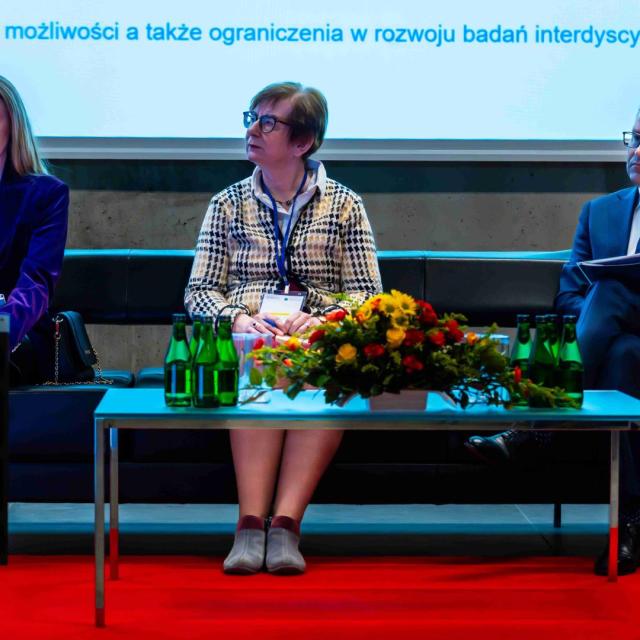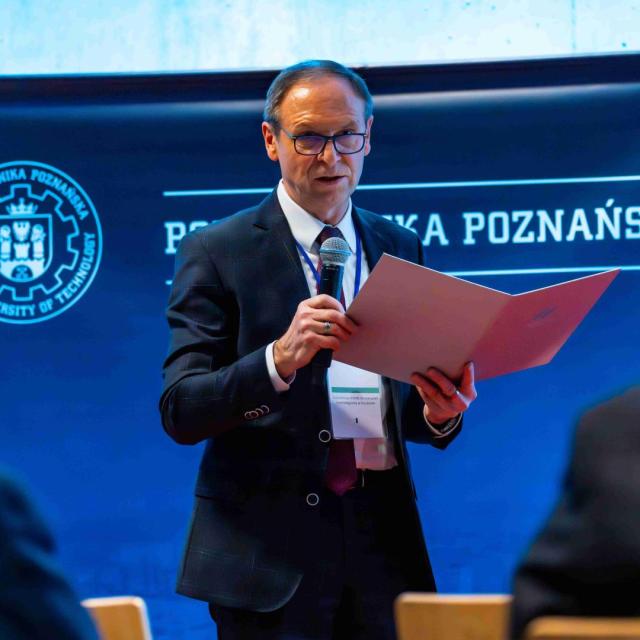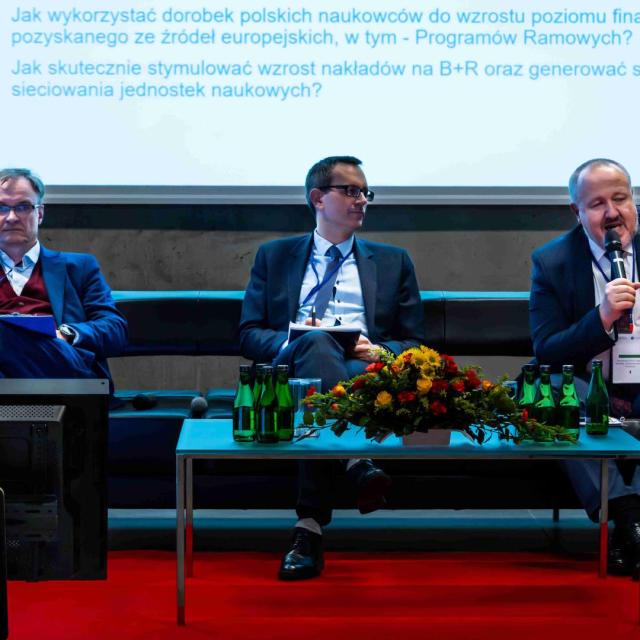The change in the model of cooperation between the Ministry and the academic community involves preceding the drafting and consultation of the State Science Policy with a series of working sessions dedicated to discussing areas worth considering when setting priorities. Each session is held at a different academic centre, and two final ones, hosted at the Ministry of Science and Higher Education, will conclude with recommendations for the team that will be appointed to draft the State Science Policy (SSP).
The first session at Gdansk University of Technology focused on the evaluation of scientific achievements. The next session, hosted by the Silesian University of Technology, addressed science communication, promotion, and popularization.
On February 11 of this year, the symposium “State Science Policy – Session 3: Research Funding” took place at the premises of the Faculty of Architecture and the Faculty of Management Engineering. The event was organized by the Science Policy Committee at the Minister of Science and Higher Education, the Ministry of Science and Higher Education, and Poznan University of Technology.
The symposium program included:
- A discussion panel on the relationship between research funding and state science policy, featuring representatives of universities, research institutions, and experts in science and higher education;
- A case study: Networking of scientific units, exemplified by the Łukasiewicz Research Network;
- Analyses and workshops in subgroups, focused on research funding and its impact on the development of Polish science.
The overall moderator of the symposium was Prof. Tomasz Szapiro (Science Policy Committee).
The first panel was moderated by Assoc. Prof. Jacek Wróbel (Science Policy Committee / West Pomeranian University of Technology in Szczecin), and the panelists were:
- Prof. Krystyna Bartol, DSc (Adam Mickiewicz University in Poznań),
- Katarzyna Walczyk-Matuszyk, MA (Institute of Fundamental Technological Research, Polish Academy of Sciences), and
- Prof. Teofil Jesionowski (Poznan University of Technology).
The second panel was moderated by Prof. Krzysztof Wilde (Gdańsk University of Technology), with the following panelists:
- Dr. Tomasz Bzukała (Łukasiewicz Research Network),
- Prof. Jerzy Małachowski (National Centre for Research and Development / Military University of Technology), and
- Dr. Tomasz Perkowski (Foundation for Polish Science).
Among the invited guests were, among others:
- Dr. Agnieszka Grzegorczyk (Ministry of Finance),
- Ewelina Walendziak-Genco, Deputy Director of DAP (Ministry of Science and Higher Education),
- Izabela Witkowska, Head of the DAP Analysis Division (Ministry of Science and Higher Education),
- Karolina Furman (Ministry of Science and Higher Education),
- Paulina Góra, MSc Eng. (General Council for Science and Higher Education),
- Wojciech Jakubowski (Science Policy Committee),
- Barbara Rymsza (General Council for Science and Higher Education),
- Dr. Wojciech Burian (Łukasiewicz – Institute of Non-Ferrous Metals),
- Prof. Jan Szmidt, DSc (Institute for the Problems of Contemporary Civilization, Warsaw),
and many representatives of higher education institutions, the Student Parliament of the Republic of Poland, as well as the National Representation of Doctoral Students.
Poznan University of Technology was represented by:
- Rector – Prof. Teofil Jesionowski,
- Chancellor – Dr. Łukasz Kalupa,
- Vice-Rector for Science – Prof. Wojciech Sumelka,
- Vice-Rector for Development and Cooperation with the Economy – Prof. Arkadiusz Ptak,
- Director of the Doctoral School – Prof. Alina Dudkowiak,
as well as faculty representatives.
The symposium was financed by the Ministry of Science and Higher Education.

